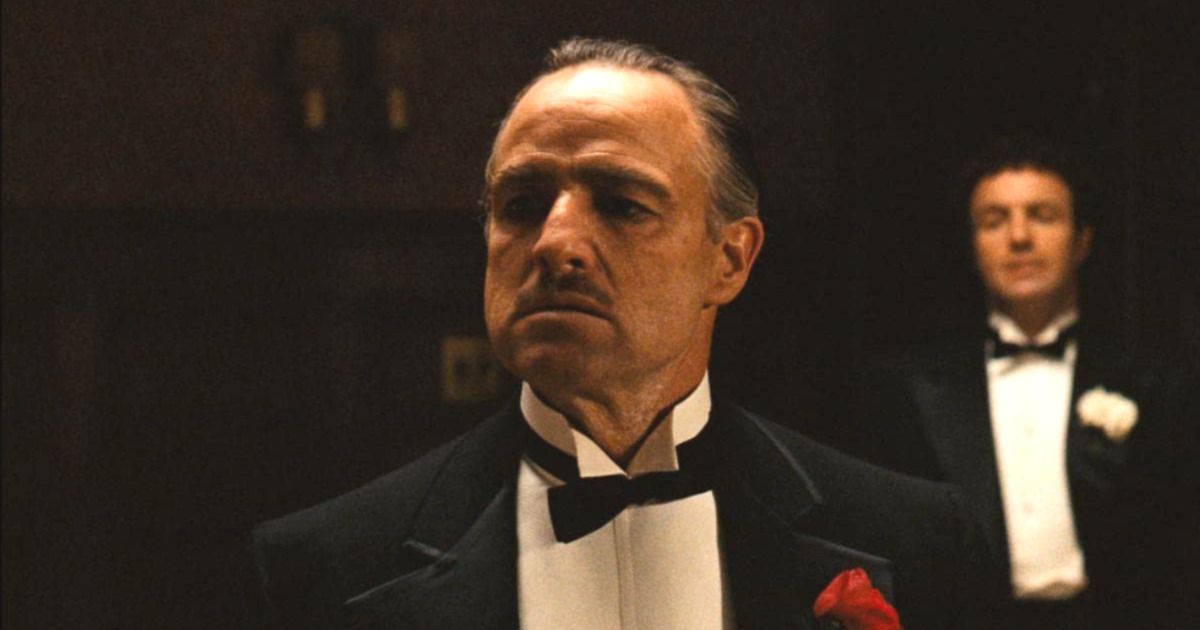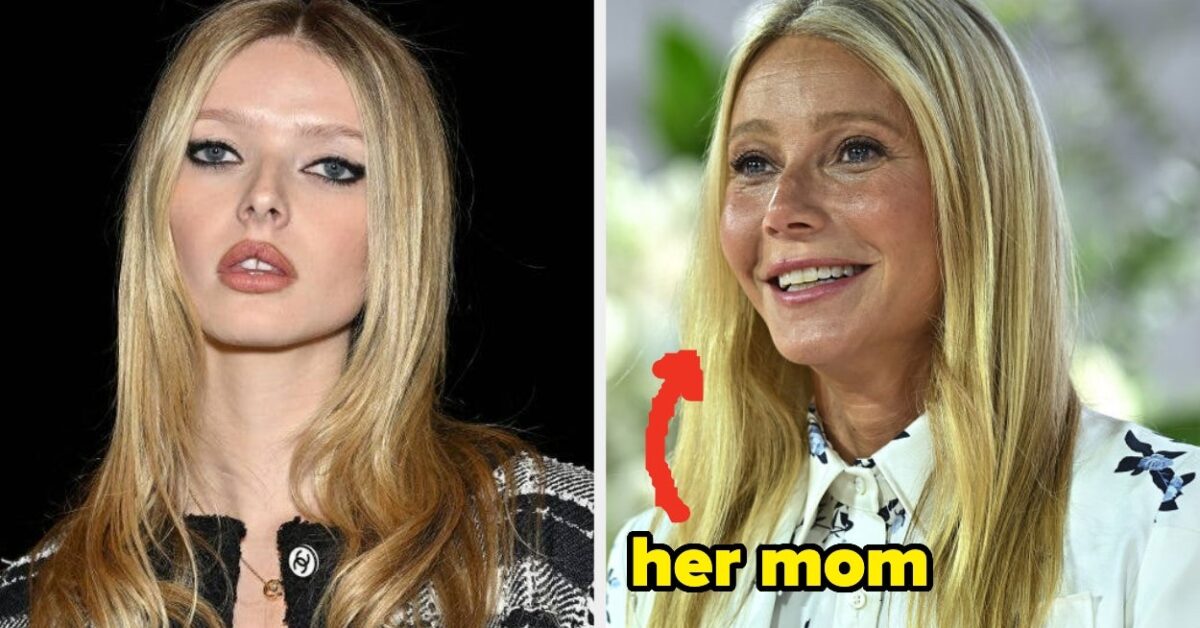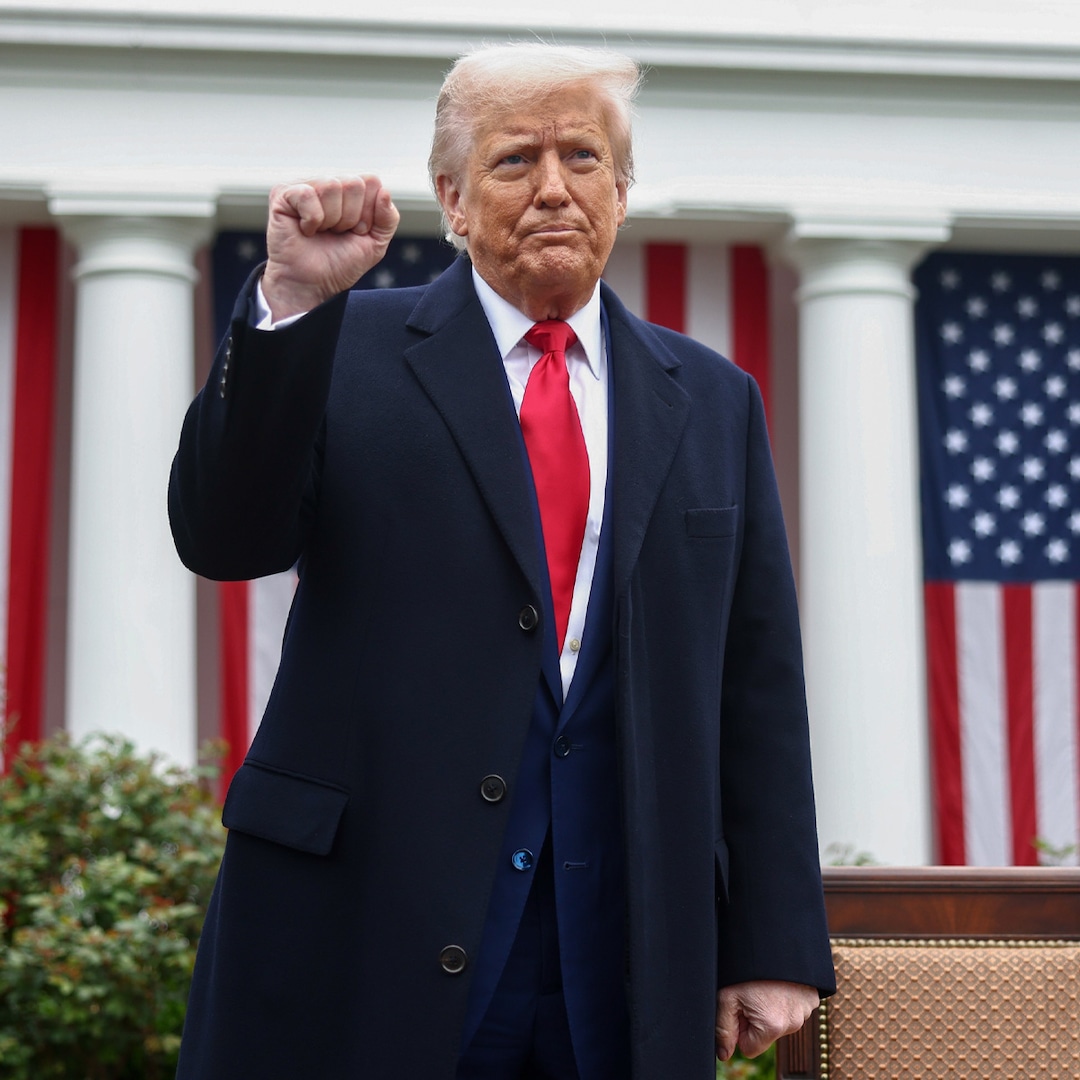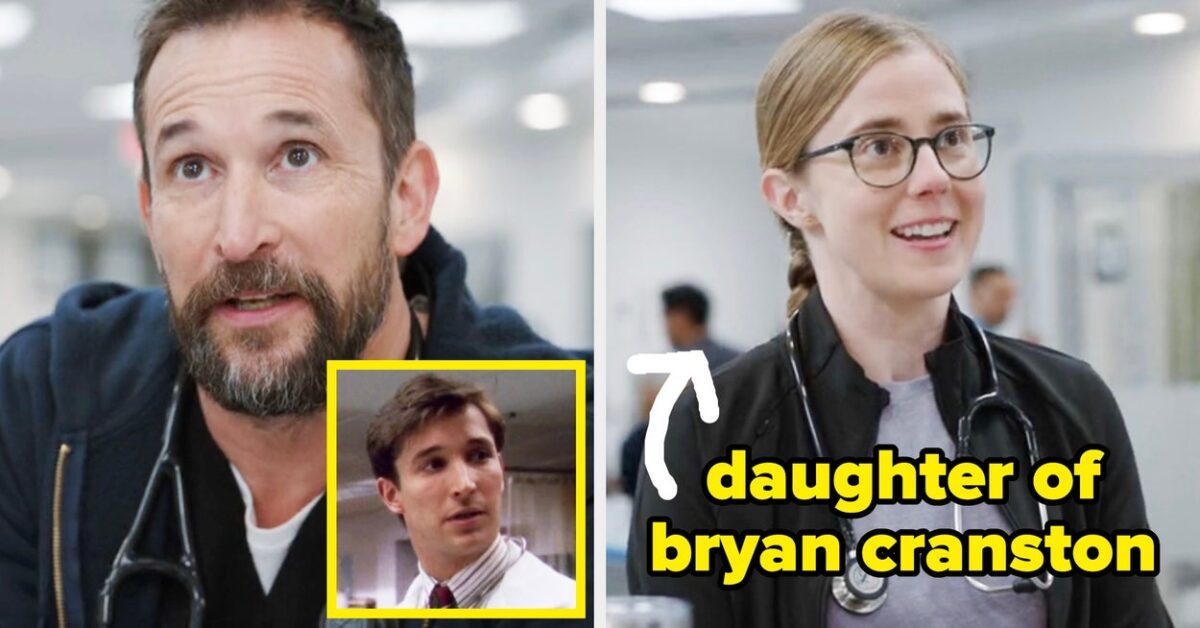
How Italians Learned to Love The Godfather
Oct 18, 2023
Summary
The Godfather unintentionally became a love letter to Italian Americans, making them look tough and principled, despite real-life mobsters being street thugs. Paramount faced backlash and threats from the mafia for making a movie about them, but the film’s success led to mafia members emulating the Hollywood portrayal of mobsters. The Godfather became a cultural touchstone, shaping the perception of Italians and the mafia, and is still widely celebrated today.
Against the better judgment of everyone involved, Paramount accidentally made the ultimate love letter to Italian Americans with The Godfather. Far removed from the days of Howard Hawks’ Scarface — made when gangster movies were censored for supposedly glorifying criminals — the mafia took exception to mob movies for a different reason. They wanted everyone to think the mob was a figment of the FBI’s imagination, out of sight, thusly out of mind.
How did an ethnic group embrace a stereotype? Pretty easy. Francis Ford Coppola made them look like the toughest, cleverest, best-dressed, most principled people in the room. With the same passion it expended trying to crush it, the Italian Diaspora around the world eventually embraced The Godfather saga (Parts 1 and 2, at least) and all the trappings it extolled. Never mind that real-life mobsters were little more than insecure street thugs shaking down their own communities.
To say that The Godfather speaks to the Italian-American experience is both grossly unfair and undeniably true. The vast majority of those of Italian descent never partook in running numbers and probably can’t even whip up a decent marinara, but they sure like to make you think they can. In direct defiance of the same powers that attempted to levy threats and water down mob portrayals on screen, Coppola and his crew of brilliant actors cemented the romantic idea of the mafia into our consciousness. That same language and imagery now used nonchalantly to hawk everything from pizza to sports apparel.
Taking Sides Against the Family
Paramount Pictures
Coppola and his producer Robert Evans walked straight into a minefield. Italian civic groups in the ’50s and ’60s had done a good job of keeping a lid on talk of the mafia. Simply spouting the word “mafia” could get you a visit from unpleasant individuals. Henry Hill and Tony Soprano were but a distant fantasy in 1972.
By the ’70s, artists were braver, the mafia resorting to boycotting, blocking, or outright harassing movie productions for touching the taboo subject. Charles Bronson recounted the headache the producers ran into when making the mob-themed The Valachi Papers. On The Dick Cavett Show (via YouTube), he described the ominous letter his producer was sent from an unnamed Mafioso: “Dino de Laurentiis … told me he received a letter from a high mafia leader in this city to ‘watch it.’” This helpful threat made even after Laurentiis went through the correct underworld channels to obtain authorization to make the mob film in NYC. The simple reality in the ’70s, regardless of your level of fame or riches, was that “when you do anything about the mafia, you gotta have permission.”
The Italian American Civil Rights League, headed by mafia don Joseph Colombo, was so oversensitive regarding negative perceptions by outsiders that they argued the mere use of the word mafia was tantamount to an “ethnic slur.” This while their gatherings sung Dean Martin songs and stabbed two policemen. New York representative Mario Biaggi calmly assured the raucous crowds that “Italian Americans face an insidious bias that comes from a mythical association with crime.” These protests might have grown into a regular occurrence had not Colombo been shot at one such “Unity Day” event. The PR stunt backfired in more ways than one, placing exponentially more media coverage on the mafia. We now know the IACRL was no more legitimate than the Corleone Family.
Related: Why The Sopranos is the Best Mafia Drama of All Time
“Our Thing”
After that ploy went down in flames, the Italian-American groups running interference for the mob had one or two more aces up their sleeves. Producer Evans wasn’t used to getting pushed around, but this was the Big Apple, not LA. To drive the point home, he got a phone call in New York one night, warning him: “Get the f**k outta town. Don’t shoot no movie about the family here. Got it?” The signal was clear: there was no mafia, it’s not an issue, so stop making movies about the mafia, or we’ll kill you.
Evans dismissed the threats, The Godfather carrying on as scheduled, despite the threat to his wife and child. Other demands insisted that the word mafia or “Cosa Nostra” (a century-old Sicilian term for the mob, roughly translating as “our thing”) not be uttered in the film and that funds from the debut be given to a charity run by the Italian American Civil Rights League. The producers agreed, but did still use the verboten word.
Undeterred in their campaign, one Italian group bought up all the tickets in a Kansas City movie theater so that no one could see The Godfather. The most profitable and in-demand movie at the time played to empty theaters. The increasingly moronic scheme to hide the Mario Puzo novel adaptation from the public failed so badly that all future attempts to shrug off whispers of the mob and the Five Families would only raise more suspicion. Coppola’s film was an instant hit and a cultural touchstone, thanks to some magnificent performances from Al Pacino, Marlon Brando, and John Cazale. Overnight, Italians began to look at themselves and the mob differently.
Related: The Fascinating Career and Sad Death of John Cazale
Paying the Bills
Paramount Pictures
In the wake of The Godfather’s success, mafia members started altering their style and personality to better fit the screen image portrayed by their Hollywood counterparts. The affection took hold of families from the lowliest soldier to the heads of the crime family. It provided an exemplar, a classy stereotype that everyone sought to live up to. Coppola’s eye for detail and his own Italian heritage lent the production a veneer of believability as well as a bulwark from the rapidly-fading wave of outrage.
As one crime writer explained, “The film validated (mobsters’) lifestyles and decisions to join the Mob and accept its credo.” Soon they were reenacting the scenes and idiosyncrasies of their favorite fake mobsters like a kid jumping off his bunk bed in an attempt to become Superman. 40 years after Howard Hawk’s Scarface was censored for portraying mafia characters as cool antiheroes, The Godfather had gotten away with doing precisely that.
Paramount Pictures
All the carnival-like drama stemmed from a simple bit of work. Author Mario Puzo remarked that he didn’t undertake his Corleone family series out of deep passion or a desire to create a classic epic exploring the Italian-American journey from rags to riches; he just needed $1200 for a family vacation. It was, in professional parlance, hack work.
Puzo, with some angst, admitted to New York Magazine in 1972 he approached it indifferently and had to research the subject that filled the pages of his lurid book, filling in the gaps with his own imagination where necessary. “I never met a real honest-to-god gangster. I knew the gambling world pretty good, but that’s all.” He didn’t know the lifestyle, but he knew what sold.
He took it in stride that some mafia readers insisted he must have secretly been a mafia member or was paid by the Five Families to glorify the mafia to portray them as majestic, the book winning over Italian Americans who read it, sanctifying loyalty, family, and honor. So much a part of American life and tradition, Coppola’s movie is broadcast in marathons yearly to mark the holiday season, horse head and all. Eat your heart out, Die Hard and It’s a Wonderful Life.
Publisher: Source link
Apple Martin Shared What It's Like Being A "Celebrity Child," And I'm Slow-Clapping At My Cracked iPhone Screen Now
Points were made, and points were taken.View Entire Post › Disclaimer: This story is auto-aggregated by a computer program and has not been created or edited by filmibee.Publisher: Source link
Apr 7, 2025
Meet Donald Trump's Cabinet, From Sean Duffy to Robert F. Kennedy Jr.
President Donald Trump’s Cabinet is full. All 15 of his nominations—some more controversial than others—have been confirmed by the U.S. Senate. Secretary of State Marco Rubio was the only one who... Disclaimer: This story is auto-aggregated by a computer program…
Apr 7, 2025
Dr. Mel Is Played By Bryan Cranston's Daughter, And More Facts About The Cast Of "The Pitt" That You Need To Know
Isa Briones, who plays Santos, played Peggy in the first national tour of Hamilton.View Entire Post › Disclaimer: This story is auto-aggregated by a computer program and has not been created or edited by filmibee.Publisher: Source link
Apr 6, 2025
Susan Boyle Returns to Instagram After 3 Years After Minor Stroke
Simon Cowell’s Real Reaction to Carrie Underwood Becoming an ‘American Idol’ JudgeSusan Boyle is back. The Britain’s Got Talent alum made her grand return to Instagram for the first time since 2023, sporting a hot pink blazer and glam, declaring, “I am back, definitely…
Apr 6, 2025











